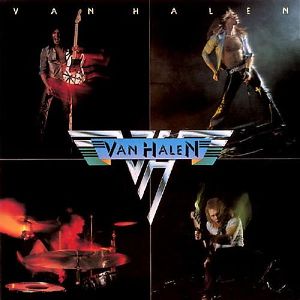First, let me say it’s not a good idea to ask a question containing the phrase "vinyl vs digital." You didn’t do anything wrong, but those threads can get a little heated.☺
To answer your question, many people feel that 60s albums sound best on vinyl pressed in the 60s. These can be hard to find in good condition and can be expensive if in good condition or even not in good condition, though. Sometimes these albums are improved on by modern audiophile pressings, but these can be expensive and sound quality can be hit and miss.
I think that conversion into digital and digital processing, if applied properly, can improve the sound of 60s albums. Things like the Plangent process, demixing as used on The Beatles’ Revolver, and just getting a better transfer off the original master tapes, usually heard as an increase in clarity, can improve the sound of 60s Classic Rock albums.
These improvements are not that common, though. What usually happens is that dynamic range is squashed when remastering to digital, leaving the album much less listenable. Dynamic range compression is the curse of digital today, keeping it from achieving its potential for sound quality. Unfortunately, most record labels don’t consider audiophiles numerous enough to even consider when making mastering decisions. This is mainly for rock though. Jazz, classical and other formats do not suffer from compression as much.
When you talk about albums recorded digitally, how the album was mastered for the particular format makes the difference. In other words, it’s not the format, it’s the mastering.





